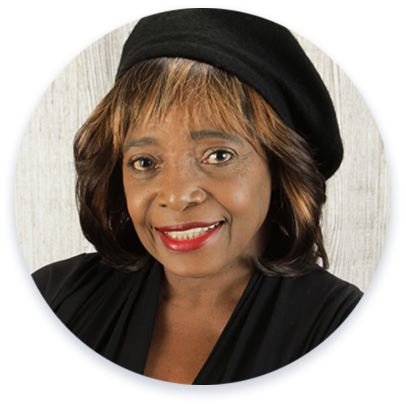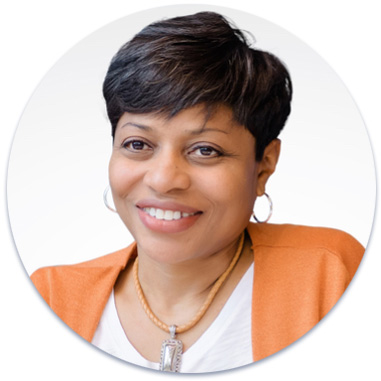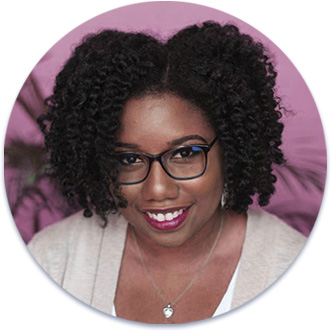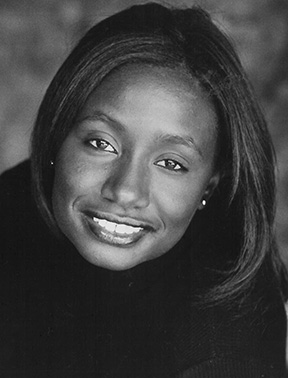
t one time or another, we all need inspiration to start writing or to keep writing full time. Sometimes, the question is a matter of how to balance, as we juggle outside work and family obligations. Other times, it’s a matter of self-doubt in our ability to succeed towards that first publication.
As a means of inspiration, WOW! decided to look back at three conversations with bestselling authors and working writers to identify the keys to their success that can also be building blocks for you.
It was inspiring to see that three successful, but extremely different authors—New York Times bestseller Mary Monroe; Christian inspirational award-winning finalist, Karen Brown Tyson; and notable new voice, Brittney Morris, a Publishers Weekly Best Book Award winner and current nominee for the 2022-2023 Georgia Peach Book Award for Teen Readers for her latest release, The Cost of Knowing (2021)—shared some things in common: They all had a prior desire to write but either chose other paths in life or had responsibilities that prevented them from being able initially to write full time. It means that their current life as working and award-winning writers is one of focused choice and planning. They also all exemplify the words of American philosopher, psychologist, and historian William James who stated, “My experience is what I agree to attend to.”

“I wrote whenever I could: on my commute to and from work. I wrote at lunch, even during some work meetings.”
Mary Monroe
We spoke with Mary Monroe back in 2020. Mary was best known at the time for The Upper Room (1985) and the God Don’t Like Ugly book series. She was gracious enough to speak with us about her early success, later rejection, and her current success as a New York Times bestseller. She is currently at work on Empty Vows, an upcoming novel.
A little-known fact about Mary Monroe is that this prolific storyteller began writing at the age of four, but never obtained an advanced degree. Instead, she is a self-taught writer who pored over books at her local library to improve her writing skills. She stated, “Writing was my professional goal from day one. It was a dream I could not ignore. I refused to give up on my dream, but I was a single parent, so I didn’t have the time and money for writing courses.” She met with initial success with The Upper Room but then experienced repeated rejection and criticism about her writing abilities. She soon found she was without representation.
Mary was not one to let it deter her, using it as fuel to improve where she had weaknesses. She explained, “After several agents told me my shortcomings, I pored over library reference books on writing. That helped me hone my skills.” Honing her skills included a writing routine, though she described it as an informal one.
Writing something every day was important, but the space and place was not a comfortable spot in her home. She stated, “I worked 9 to 5 for many years. I wrote whenever I could: on my commute to and from work. I wrote at lunch, even during some work meetings. Since then, I’ve written over twenty-five books. Despite my history, I made it to The New York Times bestseller list and have a contract that allows me to write more.” Whether yours has been a lifelong writing journey like Mary’s or a second act like our other two authors, it’s never too late to begin.

“Once I got laid off, I reassessed my goal of writing. I had to take time to find the rhythm of my writing routine.”
Karen Brown Tyson
Karen Brown Tyson comes from a background in communications. She chose to delve into her writing goals after repeated career setbacks. Fortunately for her readers, her process of healing and writing coincided. The result was Time to Refresh (2018). It spawned the very well received follow-up, Time to Reset (2021). Karen explained, “Once I got laid off, I reassessed my goal of writing. I had to take time to find the rhythm of my writing routine. I also changed my mindset about writing. That’s when I was able to start managing my writing life.”
Managing her writing life included developing a disciplined writing routine. Recently, she explained that a writing routine involves an action and decision-making process. For some who find it difficult, she offered the following steps to fix a broken writing routine. “Take small steps to make substantial changes, say goodbye to excuses, divide multiple writing projects into manageable tasks, and find the right time and place to write.” Karen has followed her own advice. Not only does she continue to write and coach others towards finding their writing muse and methods, but she also recently revealed a plan for a third installment of her Time to Reset devotional series.

“Practicing for years and years on your own certainly helps, but my writing skills didn’t truly take off until I jumped back into reading again.”
Brittney Morris
Knowing when to stop writing is equally important, after all, submitting your work is the key to success as a writer. The recent WOW! interview with SLAY author Brittney Morris exemplified how one can reap the benefits from doing so.
Brittney Morris has proven to be an essential voice for today’s generation. She was not an English major, yet she founded and is the former president of the Creative Writing Club at Boston College—a testament to the strength of her voice, influence, and ability to act on her inspirations and vision.
With her debut novel, SLAY, she continued this pattern and shared how she channeled the inspiration she felt after watching the movie Black Panther. “I came up with the concept first—the concept of a virtual Wakanda I could visit whenever I wanted to feel like I was back in the theater on opening night of the movie Black Panther. I’ve played or seen gameplay of thousands of video games, many of which are in the indie scene and very focused on social issues, so tackling the complex issue of racism through the vision of a game developer seemed natural.”
Brittney stated her initial goal was to set an end date for the writing of her novel in order to enter the #PitMad Twitter pitch contest. She avoided the self-doubt that normally surfaces for a writer, explaining, “My answer to avoiding doubt is to outrun it. It’s why I’m a fast-drafter. If I can get a first draft out fast enough, I don’t have time to overthink it or lose inspiration.”
The result was that Brittney was able to attract a bidding war based on the first draft of her novel. Thoughtfully, she acknowledged that each writer is different and should work at a pace that works for their goals. “I advise those who can to take their time. Don’t be afraid to go back to the revision board.” She also voiced the correlation between reading and improving as a writer. “Practicing for years and years on your own certainly helps, but my writing skills didn’t truly take off until I jumped back into reading again. I didn’t realize how much I could learn about writing from reading!”
“It’s about taking back control over your time and priorities, with the result being the ability to create a life of choice.”
Create Your Writing Life
A working writer’s life is defined by creative choices. The genre we write in, the techniques we employ, and the places we submit all define the landscape we play in. Additionally, our choice to write, whether full time or not, can impact the strength of our skill, voice, and ability to snap back after rejection.
Consider the observation of previously mentioned William James, “My experience is what I agree to attend to.” In a recent article titled, “To Control Your Life, Control What You Give Attention To,” published in the Harvard Business Review and written by Maura Thomas, a productivity and work-life balance coach and TEDx speaker. She emphasized that productivity and focus are more than “checking things off a to-do list. It’s about taking back control over your time and priorities,” with the result being “the ability to create a life of choice.”
So, if you have any doubt that success as a working writer can be in your future, choose to outrun your doubt. Make a conscious decision to put time into your writing career, and take action to write regularly with a goal of sharing your world and words with readers. Start small at first, and then expand your writing schedule, improve your writing abilities, and submit your work. Be sure to build on the inspirational themes that strike at your heart. Believe it or not, success is waiting, and so is your audience.
Skills Box: About Your Writing Schedule
- Start small and expand. Fifteen-minute increments daily is likely to get you enough progress and inspiration to increase the amount of time devoted to writing.
- Write with a goal in mind. Have a deadline to complete your work either for submission to a publication, agent, or contest.
- Continue to write as you submit. The goal is to write, submit, pause as you need to, and repeat again.
- As you gain success, your responsibilities will increase, so have a regular routine already established to devote just to writing. This will assist you with ensuring your projects are polished, completed, and ready for publication!

Margaret Buapim is the author of Ring Envy (2006). Feel free to connect with her on Twitter at @YBuapim or on her website: www.authormyb.com.